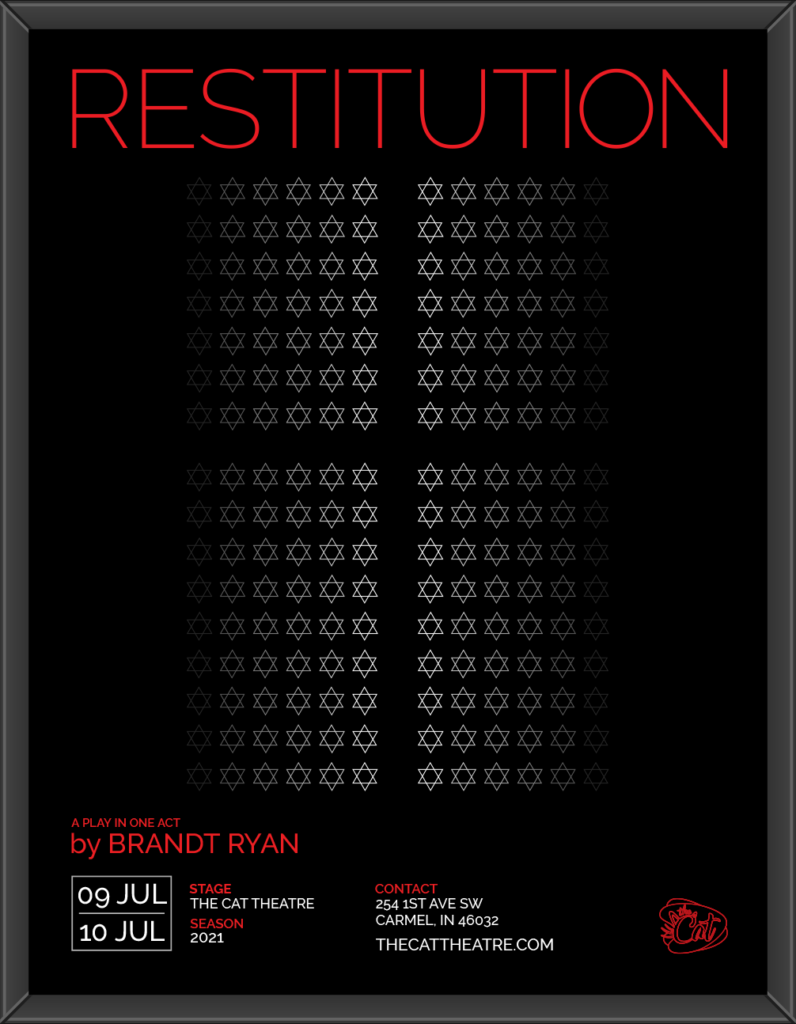Whenever I go to the library, trying to find something to read, I often end up frustrated. Call me picky if you want. Yet as I’m going through the blurbs (nowadays even they are buried beneath the asinine, useless “INSTANT BESTSELLER!” tags), what I see is more and more authors overly enamored with plot. I decided to write this review of The Glasgow Coma Scale by Neil D.A. Stewart before I’d read ten pages of it.
The reason?
Because it at least didn’t try to reinvent the wheel. The blurb didn’t promise some sort of epic saga spanning three continents and six decades, or some sort of in-between state between fantasy and reality.
As it turned out, it was actually a damn well-written book to boot. Truly, a masterclass on what quality literature should be.


